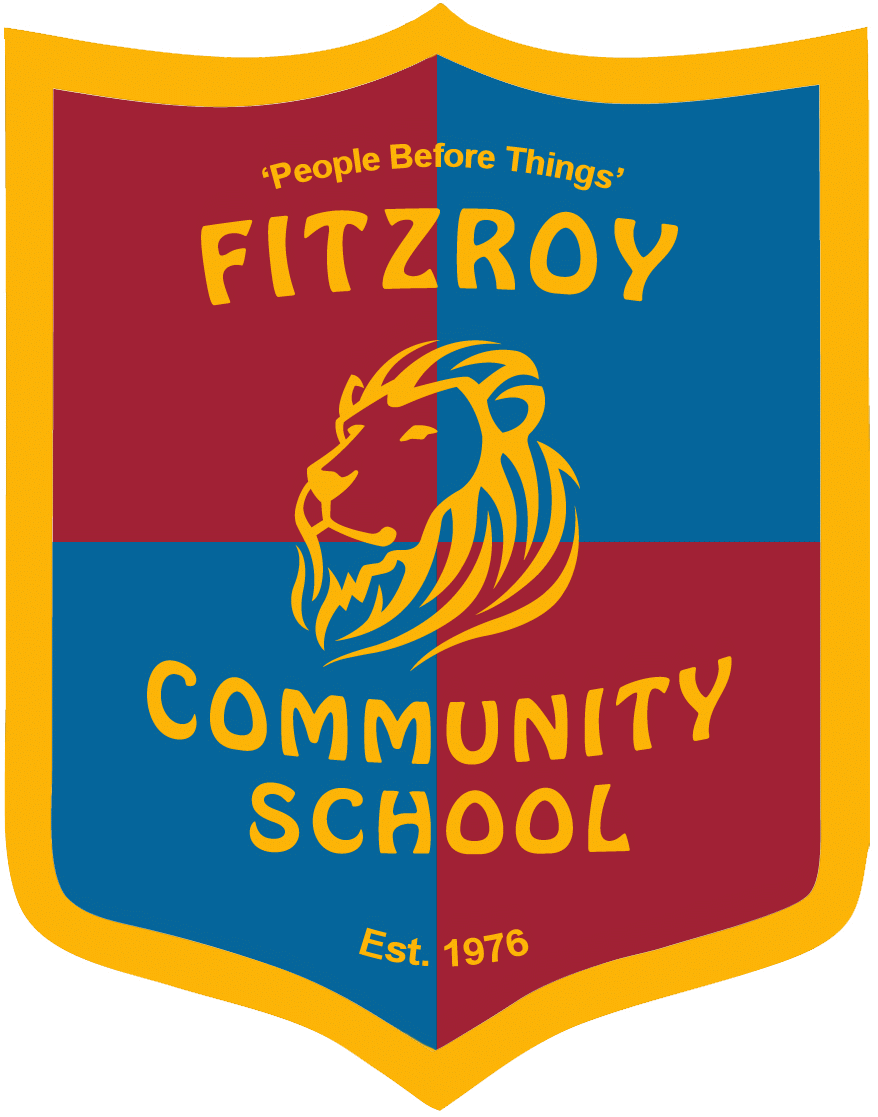Faye's Speech
Hierarchy of Values – How Fitzroy Community School is Different From Many Traditional Schools
(excerpt from Speech Made by Faye Berryman, Principal, at Graduation Concert)
FCS is not an ordinary school. While I say this without any qualification, I have to admit that I usually feel most uncomfortable when people remark, “Oh, you’re an alternative school, aren’t you?” Having had a child here for some time most FCS parents become aware that many people outside the school population are expert on the subject of alternative schools generally - and FCS in particular - and all this, usually, without having spent a moment here!
But FCS is not an ordinary school. It is very important that we reflect on what students receive here that they would not get elsewhere. What is it that actually makes FCS different? How can we be proud to say that we are a genuine alternative to what is normally offered? For all of us, lest we forget, it's a good thing, from time to time, to reaffirm our values out loud, especially since they are not the values of the majority. This helps us keep them a reality.
What is the FCS ethos? There are two fundamental tenets:
-We take responsiblity for our input into the social, emotional and ethical dimensions of child development.
-We believe that the unique, deliberately-constructed
lifestyle of FCS enables us to support development on this broad front.
From the moment of birth, and even before, children develop by absorbing and incorporating a myriad of different influences. They are born with certain personality propensities. Then it is their immediate family that exerts the greatest forming influence on these innate characteristics. But as well as the influences of the immediate family, there are many other impacting forces. We have the extended family, play groups, crèches, kindergartens and all the various influences of the big and little people who our children meet there. We have chance encounters, momentous emotional events – births and deaths etc. And of course there is the pervading influence of the media.
The lifestyle of FCS is a very deliberate choice. I want to draw your attention to why the particular lifestyle of FCS is so important in the development of the whole child. We spend less time than most schools in the formal classroom. Why? Why do we give camps - our sort of camps – such an emphasis? Why is free time such an important part of our day - arguably the most important part?
Children spend many hours each day, over a period of 13 years, at school. These years, particularly the primary ones, are the most significant years in a child’s social, ethical and emotional development. Positive development in these areas most strongly determines a child’s success as a whole person. It is for this fundamental reason that FCS believes that the school hours each day are far too important to devote to academic proficiency alone. Academic excellence is wonderful, but this aspect of schooling is straightforward. It would be hard to equal our academic standards - but possible. However, in a hierarchy of values, FCS places goodness and viability first and foremost.
At FCS we have established a way of life which more closely reflects life in the wider world. It allows each child to be seen and so to come to be known by those of the community. It gives the young people opportunities to come to know themselves as they relate with a variety of others, young and old - to learn which behaviours result in positive exchanges and which lead them into unhappy situations.
If you wonder why we give them free time, ask what children are like when they are not being told what to do. What are their strengths and weaknesses? If they can discover these, they can evolve and we can encourage their personal growth. This is the true meaning of education and it is a far cry from mere schooling.
At FCS, therefore, it is possible to experience the child, as a whole person, not the minimal creature who always has the support of a definite structure or someone's instruction. Nor is the child seen just as one who performs academic feats, more or less well, with a greater or lesser degree of cooperation.
Along the pathway from childhood to adult life, all children are contending, at any given time, with a variety of influences - some of them conflicting. Consequently, children experiment with many ways of being. Children depend on the significant adults in their lifes to give them authentic feedback on the acceptiblity, or otherwise, of the behaviours and attitudes they display.
